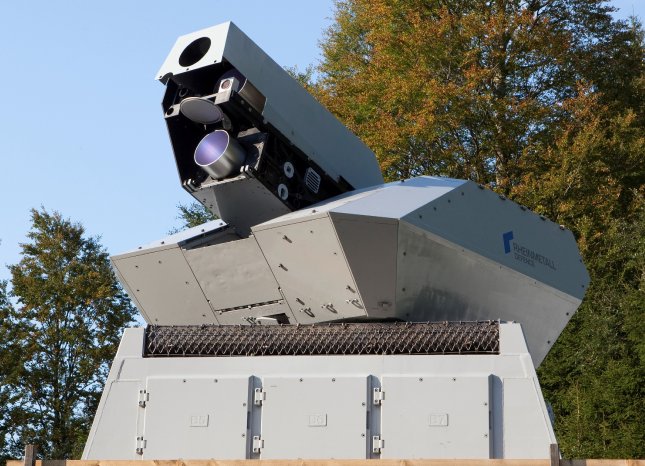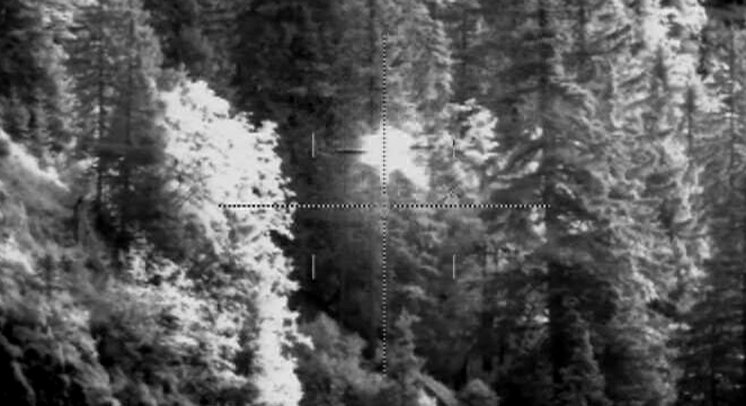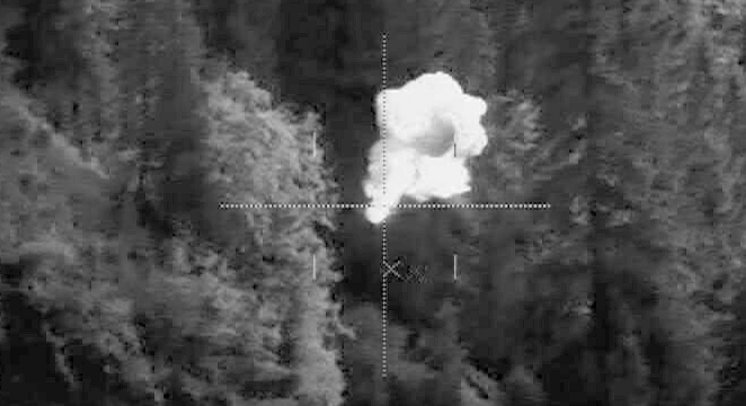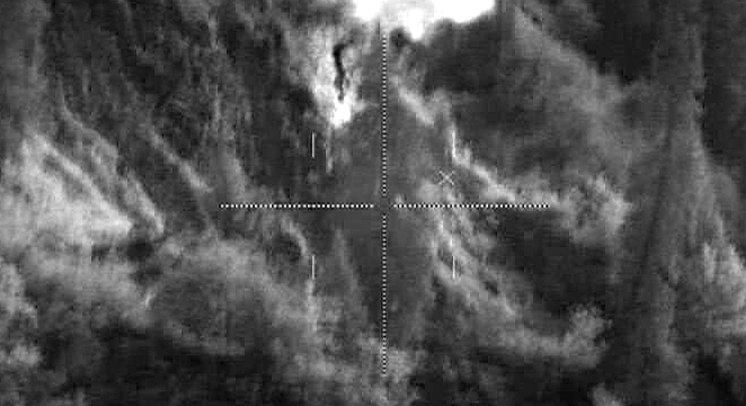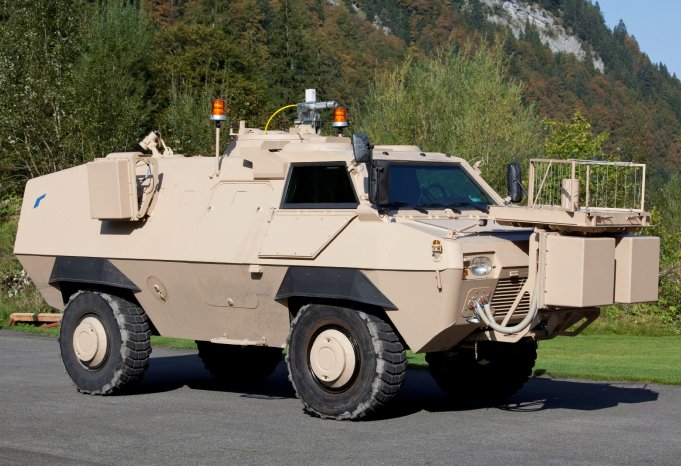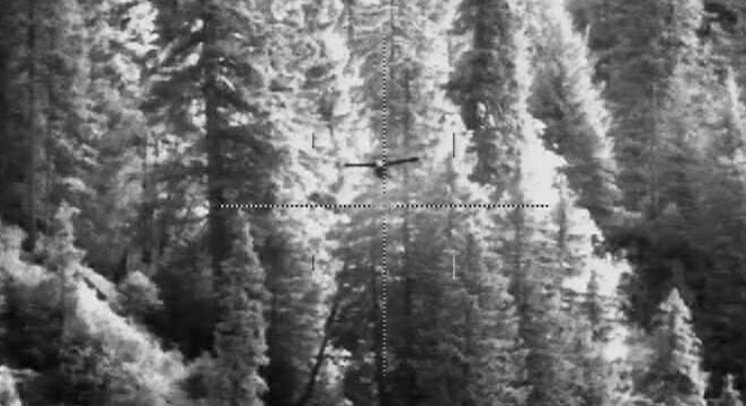At a live fire laser demo at the Group's Ochsenboden proving ground, international guests were able to view two laser weapon demonstrators in action, each featuring different performance parameters.
For example, a 10-kW laser was integrated into an air defence system consisting of an Oerlikon Skyguard 3 fire control unit and a Skyshield gun turret. Modular and scalable, the laser weapon itself consisted of two 5-kW laser weapon modules.
In addition, a 1-kW laser weapon module was displayed, specially mounted on a TM 170-type vehicle for the purpose.
Both laser weapon demonstrators were deployed in different scenarios: as a means of providing protection from asymmetric, terrorist-type threats; in a C-RAM context to counter the threat from incoming rockets, artillery and mortar rounds; and in an air defence scenario with an unmanned air vehicle serving as the target.
Among other things, the 1-kW laser weapon demonstrator successfully sank a moving rubber raft (a substitute for an enemy speedboat), and also proved highly effective in destroying IEDs as well as neutralizing unexploded ordnance from a safe distance.
In the C-RAM scenario, the 10-kW laser weapon demonstrator revealed that doubling the laser output from 5 kW (the design status in 2010) to 10 kW results in substantially improved performance against mortar rounds, with the required engagement time reduced by approximately 50%.
A technological highlight in the air defence scenario was the engagement of a Tier 1- class unmanned air vehicle (UAV). The air defence system, equipped with a 10-kW laser weapon demonstrator, was able to detect, track and engage the target (the so-called "kill chain"), successfully destroying the UAV in flight.
The Oerlikon Skyguard system detected the incoming threat, initiated the electronic target tracking process, slewed the Skyshield turret in the direction of the UAV and transmitted the target data to the laser weapon demonstrator. Independently taking up the target tracking process, this effector switched to fine-tracking mode before aiming the laser beam at the drone and destroying it in a matter of seconds.
Rheinmetall also occupies a leading position in another area of laser R&D: in cooperation with its cooperation partner, the Fraunhofer Institute for Applied Optics and Precison Engineering (IOF) in Jena, Rheinmetall holds the public world record for spectral coupling of laser pulses with an 8-kW laser output and excellent beam quality.
The latest live fire demonstration at the Ochsenboden proving ground, a joint effort by Rheinmetall's Weapon and Munitions and Air Defence divisions, clearly shows that the Group already possesses all the skills necessary to develop complex laser weapon systems. Through its work on behalf of the German government and welltargeted application of its own resources, Rheinmetall has acquired tremendous expertise in this field in recent years.
Rheinmetall expects a high-energy laser weapon system with an output of 100 kW to be available within the next three to five years. Even today, the modular, scalable design is able to meet a vast variety of requirements.
Along with precision, ease of integration into various platforms and scalable escalation, laser weapons in future will offer the principal advantage of reduced cost, since material consumption and wear and tear with laser effectors is naturally low.
